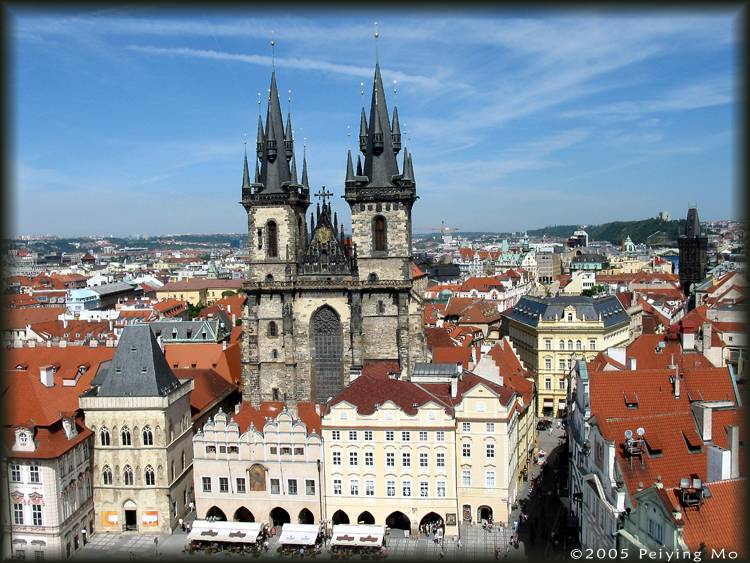Yucatec Maya is spoken daily by nearly 700,000 people in the Southern Mexico. It’s a living language, descendant of the civilization of antiquity, which has stood for centuries, with a growing artistic production. It is also used in daily speech among the Spanish-speaking Mexicans who live in the states of Yucatán, Campeche and Quintana Roo.
Among the younger bilingual speakers (Mayan/Spanish), there is a growing interest in using digital tools in their mother tongue. Therefore Nacnati (an NGO formed by digital enthusiasts under the age of 30), the Mozilla Mexico chapter, Wikimedia Mexico and the National Commission for Development of Indigenous Peoples of the government of Mexico held a Mayan Translatón (translate-a-thon) in Merida, Yucatan, commemorating the International Day of Indigenous Peoples on August 9th. Among the group of 31 translators were anthropologists, lawyers, researchers, graduate students in Maya and even high school students from nearby boroughs, such as Peto, Tekax, Valladolid, Halachó and Muna.
During the Translatón, which occurred from 8 am to 6 pm, participants localized Mozilla Firefox, increased the articles of Yucatec Mayan Wikipedia — which is still at Wikimedia Incubator — and uploaded the first documents of the Google Endangered Languages project.
With this event, the event’s participants and sponsors began a very important activity for new and current generations of our Mayan communities. Articles have been added to Wikipedia, the Firefox browser in Maya will now be published sooner, and Maya linguists are uploading documents to the Google Endangered Languages project. But the highlight of the Mayan Translatón is that 31 mayan language advocates are committed to follow this initiative and repeat this activity for the next event.
Ko’one’ex! (Hooray! in maya.)









No comments yet
Post a comment